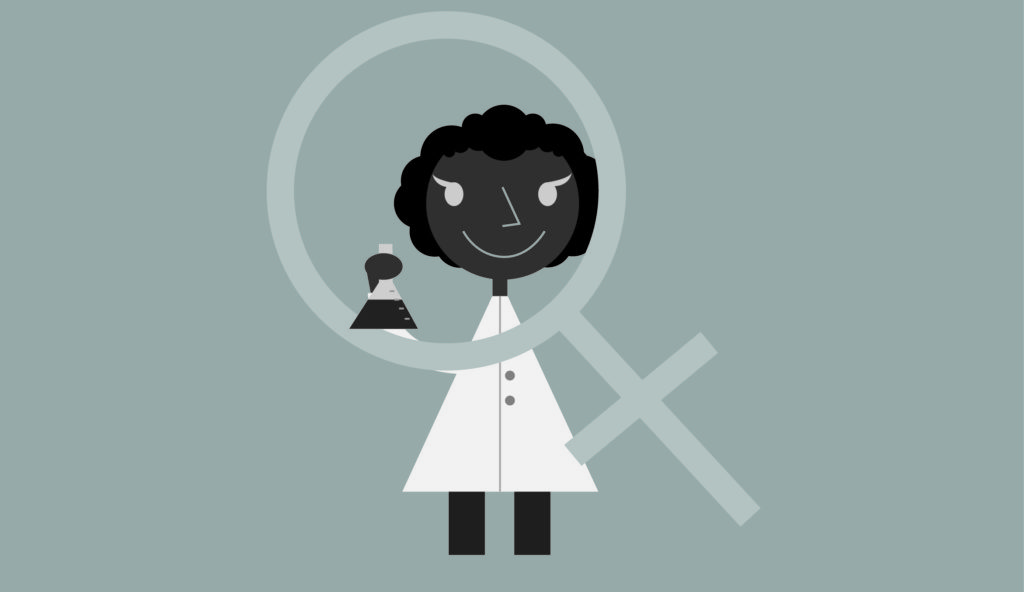Wyckoff Auditorium filled with spectators last Thursday for the Computer Science Club’s Highlighting Women in Tech (WIT) event. The event was a panel hosted by Computer Science graduate student Bailey Strom- Pillar, during which she interviewed four former Seattle University alumni.
Strom-Pillar’s questions to the panelists highlighted what industry- wide challenges they’ve encountered as women in the workplace, and their advice for future women in technology.
The panel consisted of Ele Munjeli, an engineer at DevOps, Alexandra Gaspar, a software engineer at DoubleDown Interactive, Joanna Hatter, a software engineer at CommerceHub, and Kyleen MacGugan, a software engineer at Chef Software.
Each panelist offered their insight into their respective fields, and shared their experiences dealing with the climate of an industry of mostly male colleagues and management.
Munjeli said that in the tech industry, males are sometimes offered “more opportunity than education,” and elaborated by explaining that there isn’t a clear and equitable system for career advancement and mentorship within these fields.
“The fact that it was all men to start with, means that it’s still all men because they just pull up men. It’s hard for women to work their way up from, say, a tech support position, into an engineering position in a lot of workplaces,” Munjeli said. “A formal technical path, to bring people up through the organization, formal systems to introduce mentors, and to give them space to work together, is really important.”
MacGugan emphasized how the culture of tech education for young women affects the industry.
“A lot of people kind of assume a level of knowledge when you start working, that you have some level of knowledge in that system, but that’s not always true, especially in a culture where women and girls aren’t growing up being exposed to that knowledge,” MacGugan said. “It’s not just the culture of [the workplace], but the culture of education.”
Hatter reiterated this notion. “I didn’t realize being a ‘geeky-girl’ was strange, or being good at math and science was strange, until I walked into my first calculus class in college,” she said.
The last point the panelists made before breaking for questions from the audience was about how men and women can work together to encourage and uplift the women emerging into the industry.
“Recognize your unconscious bias. I think we all have unconscious biases, and not everybody realizes that that’s changing their perspective of people,” MacGugan said. “If you see someone who isn’t having their voice heard, amplify it.”
Strom-Pillar explained that the event was made possible by a recent synthesis of the Computer Science Club alongside the Women in Tech Club. Women in Tech is now a subcommittee of the Computer Science club, due to the constricting time requirements of students who were participating in both organizations.
As for the idea for the event itself, Strom-Pillar accredited the Department of Computer Science and Software Engineering Chair, Dr. Roshanak Roshandel. She, along with other colleagues within the department, knew of female graduates from Seattle U who were eager to speak on behalf of their experiences as women in the tech industry.
The Women in Tech Club is accustomed to hosting single-speaker, tech-oriented talks, and Roshandel’s idea catered more to the interest of what challenges face women specifically within the workforce.
“For this panel we wanted to bring in those people that Dr. Roschandel knew, then also focus on being a woman in technology rather than ‘I’m a woman in technology, and this is what I do,’” said Strom-Pillar. “The Computer Science Club primarily brings in male speakers, and even if it’s just a female speaker talking about technology, and not her experiences specifically as a woman, it’s still diversifying the speakers. But this one would be focused on their experiences.”
Although Seattle U’s male-to- female ratio within the Computer Science department is above industry standards, that is only approximately 10 to 20 percent women within a given company.
“There’s this whole phenomenon, where if you’re in a room of people, people view the room as equal or majoritywomen,whenit’sonlyabout 30 percent,” explained Strom-Pillar, regarding how normalized the gender disparity is.
While the fight for workplace gender equality in tech is only gaining momentum, Seattle U students have the opportunity to make a difference. The Women in Tech club is looking for new members interested in computer science and creating a healthier environment for women in the tech industry. For more information, contact stromb@seattleu.edu.
“We have a few initiatives that we’re hoping to start in the next year that are both going to be for the faculty and the students,” Strom-Pillar said. “This isn’t just for the women in the department—this is for everybody.”
Maddy may be reached at
mmesa@su-spectator.com









